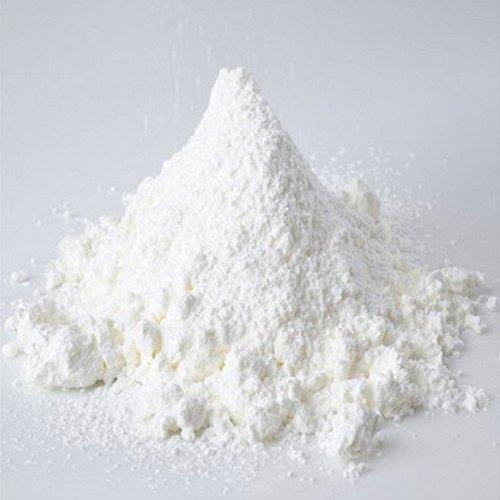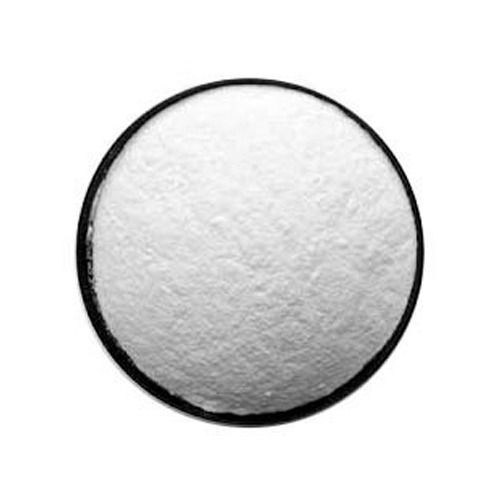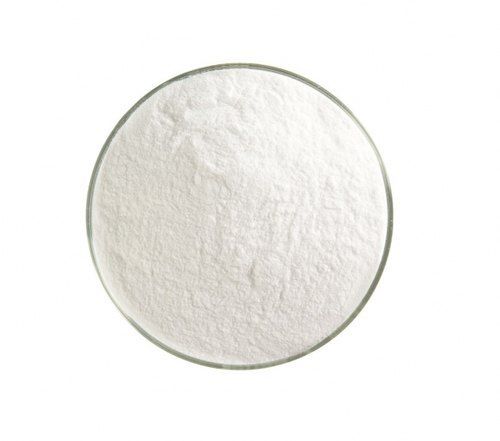Albendazole Powder
Product Details:
- Shelf Life 5 Years
- Melting Point 208 to 210 C (406 to 410 F)
- Storage Other
- Molecular Formula C12H15N3O2S
- Molecular Weight C12H15N3O2S Grams (g)
- Medicine Name Albendazole
- CAS No 54965-21-8
- Click to View more
Albendazole Powder Price And Quantity
- 25 Kilograms
Albendazole Powder Product Specifications
- Other
- Albendazole
- 208 to 210 C (406 to 410 F)
- 5 Years
- Powder
- 54965-21-8
- treatment of a variety of parasitic worm infestations
- Medicine Grade
- C12H15N3O2S
- C12H15N3O2S Grams (g)
- 99
- white powder
- Other
Albendazole Powder Trade Information
- mumbai
- 300 Kilograms Per Week
- 15 Days
- 25kg/drum with double plastic bags inside; packed in a cardboard drum or fiber HDPE drum.
- Central America, Australia, North America, South America, Eastern Europe, Middle East, Africa, Asia, Western Europe
- All India
Product Description
Albendazole, is a medication used for the treatment of a variety of parasitic worm infestations. It is useful for giardiasis, trichuriasis, filariasis, neurocysticercosis, hydatid disease, pinworm disease, and ascariasis, among others.
It is taken by mouth. Common side effects include nausea, abdominal pains, and headaches. Potentially serious side effects include bone marrow suppression which usually improves on stopping the medication. As a vermicidal, albendazole causes degenerative alterations in the intestinal cells of the worm by binding to the colchicine-sensitive site of tubulin, thus inhibiting its polymerization or assembly into microtubules.
The loss of the cytoplasmic microtubules leads to impaired uptake of glucose by the larval and adult stages of the susceptible parasites, and depletes their glycogen stores. Degenerative changes occur in the endoplasmic reticulum, the mitochondria of the germinal layer, and the subsequent release of lysosomes results in a decreased production of ATP. Due to diminished ATP production, the parasite is immobilized and eventually dies.
About Albendazole Powder
Albendazole Powder is a proven anti-parasitic agent widely used in medicine to combat intestinal worm infestations. Sourced to the highest pharmaceutical standards, this white powder exhibits high purity and excellent shelf stability, making it a trusted choice for healthcare professionals.
Composition and Quality Assurance
This powder boasts a 99% purity level and is produced according to strict pharmaceutical guidelines. With the molecular formula C12H15N3O2S and a melting point of 208 to 210 C, Albendazole ensures effective results for clinical applications while offering a prolonged shelf life of up to five years.
Application and Benefits
Suitable for exporters, suppliers, and traders, Albendazole Powder is widely used for managing various types of parasitic worm infestations. Its high efficacy and long-lasting stability make it a cost-effective and valuable addition to any medical supply line.
FAQ's of Albendazole Powder:
Q: How is Albendazole Powder typically administered?
A: Albendazole Powder is formulated for use in the manufacture of oral medications, such as tablets or suspensions, which are prescribed by healthcare professionals to treat parasitic worm infections.Q: What types of infestations does Albendazole Powder treat?
A: This medicine-grade powder is used to treat a variety of parasitic worm infestations, including those caused by roundworms, tapeworms, and hookworms, making it a versatile anthelmintic agent.Q: When should Albendazole Powder be used in medical treatment?
A: Albendazole Powder is utilized when a clinical diagnosis indicates the presence of parasitic worm infections. It is best administered under medical supervision to ensure effective dosage and patient safety.Q: Where is Albendazole Powder sourced and exported from?
A: Our Albendazole Powder is sourced in India, adhering to stringent pharmaceutical standards, and is available for export, supply, and trade internationally to meet global medical requirements.Q: What is the process for ensuring the purity of Albendazole Powder?
A: Albendazole Powder undergoes rigorous quality control and purity testing, resulting in a 99% pure product that meets medicine-grade specifications for safe and effective use in drug formulation.Q: What are the key benefits of choosing this grade of Albendazole Powder?
A: With its high purity, stable shelf life of five years, and proven efficacy against a wide spectrum of parasites, this Albendazole Powder offers reliable results for pharmaceutical and healthcare applications.
Price:
- 50
- 100
- 200
- 250
- 500
- 1000+








